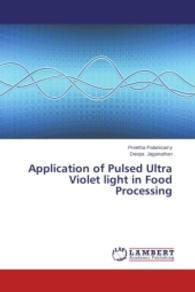Full Description
This book explores the gap between policy, practice and academic literature within language learning for refugees and argues that a multilingual approach, which combines translanguaging principles, decolonising methodology and linguistic hospitality, provides a more accessible starting point than current monolingual pedagogies. It considers the multilingual and multilateral approach laid out within Scotland's New Scots Refugee Integration Strategy, which recognises the importance of linguistic diversity and two-way integration. The divide between policy, practice and theory points towards the need to counteract the dominant monolingual/social cohesion narrative through suitable pedagogies which highlight linguistic diversity in a positive way. The author suggests 'ecologising' as an alternative language pedagogy, drawing on three key findings: the significance of decolonising, collaborative learner/teacher relationships during the liminal phase of refugee arrival; the importance of place and orientation; and an increased understanding of language and 'languaging'.
Contents
Figures
Acknowledgements
Abbreviations
Foreword
Prologue
Introduction
Part 1: Contextualising the Research
Chapter 1. The Policy Context
Chapter 2. Establishing an Ecological, Multilingual Framework
Chapter 3. Implementing a Decolonising Approach
Chapter 4. Wales and Germany
Part 2: Beginning to Co-construct a Multilingual, Ecological Praxis for Refugee Families in Scotland
Chapter 5. Learning a Language is Hard Work
Chapter 5½. Uncovering Three Ecologies
Part 3: Towards an 'Ecologising' of Language Learning
Chapter 6. Ecology 1: Relationships
Chapter 7. Ecology 2: Place
Chapter 8. Ecology 3: Language and 'Languaging'
Chapter 9. Conclusions and Recommendations
References
Index








